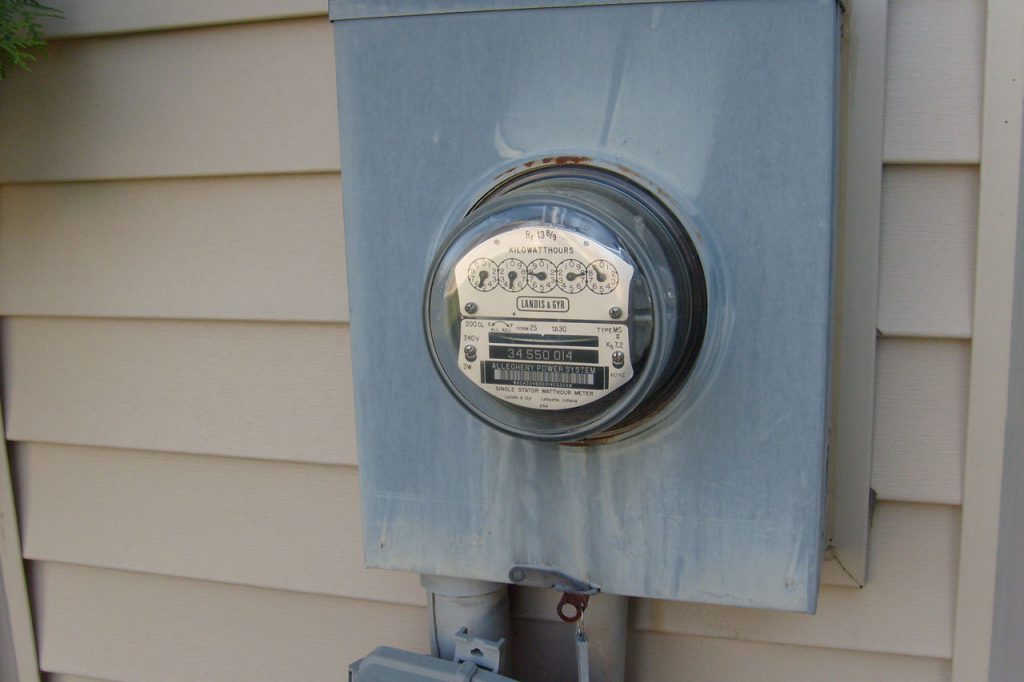Utility Moratorium Ending April 15th
Utilities report thousands of homes and businesses could have utilities disconnected.
A year-long moratorium on utility shutoffs due to the COVID-19 pandemic will end on April 15 in a unanimous decision Thursday by the Public Service Commission.
Commission Chair Rebecca Valcq said she thinks utilities should be allowed to resume disconnections, highlighting the expansion of vaccination statewide, the extension of unemployment benefits and billions of federal aid that’s slated for Wisconsin.
As of Feb. 15, there were 254 utilities who reported that 93,263 residential customers and 4,810 business customers would be disconnected for not paying their bills when the moratorium lifts on April 15. More than 7,500 customers at risk of being disconnected are considered low-income.
The Wisconsin Utilities Association supported resuming disconnections starting on April 15, according to comments filed with the commission. The association said past-due balances have increased while the number of customers with past-due bills has declined, meaning a small segment of customers now have larger unpaid balances.
PSC data shows 346 utilities reported past-due balances of $309.2 million as of the end of last year — an increase of 58 percent from the year prior for those utilities.
“The WUA members have always and will continue to view disconnection as an action of last resort,” wrote Bill Skewes, the association’s executive director. “In certain circumstances where initiating the disconnection process is appropriate, the disconnection notice acts as a final prompt to a customer to begin to work with their utility to pay their arrears balance, enroll in payment assistance, or enter into a deferred payment arrangement.”
Commissioner Ellen Nowak agreed that utilities should be allowed to be able to use disconnections as a tool to encourage customers to pay their bills.
“We’re all moving back to a more normal place in schools, businesses, restaurants, etc.,” said Nowak. “I think we need to start letting the utilities operate in that manner. There is an enormous influx of federal dollars coming to provide assistance for individuals that need help with energy, rent, etc.”
Gov. Tony Evers recently announced $322 million in emergency rental and utility assistance as part of $25 billion awarded through a $900 billion COVID-19 relief deal reached in December. Those who are eligible could receive up to 12 months of assistance, and payments would be made directly to the landlord or utility provider.
The Citizens Utility Board preferred an extension of the moratorium on utility shutoffs for residential customers beyond April 15, according to comments filed with the commission. CUB urged utilities to make a reasonable attempt to set up a payment plan in the month prior to a final disconnection notice.
“If customers are not afforded a reasonable and affordable path to returning their utility accounts to good standing, service disconnections will serve only to further disadvantage Wisconsin residents, many of whom are already the most economically disadvantaged, feeding into broader socio-economic issues facing the state,” wrote Corey Singletary, the board’s utility analyst.
The state’s energy assistance program has served around 137,000 households from Oct. 1, 2020 through Feb. 10, 2021 — an increase of 2.5 percent from the same time the year prior. Evers allocated $22.4 million of COVID-19 relief funding to the program, of which $9.7 million was paid out through early October. The money has helped increase the average benefit households receive by roughly $500 to $600.
Listen to the WPR report here.
State Regulators Will Lift Moratorium On Utility Shutoffs In April was originally published by Wisconsin Public Radio.






















